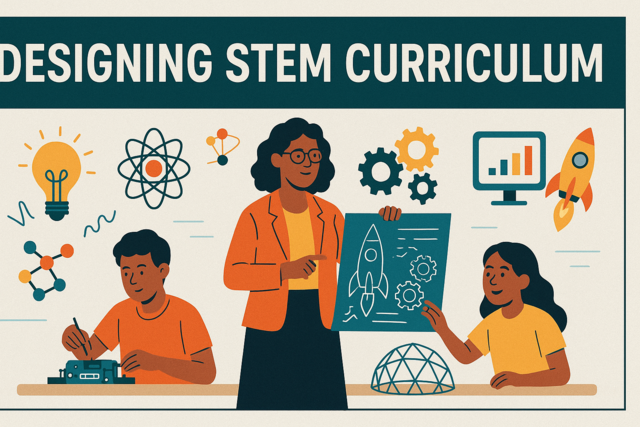Online Class: Understanding Adolescent Development

no certificate
with CEU Certificate*
-
15Lessons
-
22Exams &
Assignments -
7Hours
average time -
0.7CEUs
Course Description
Welcome to "Understanding Adolescent Development," an immersive journey that promises not just knowledge, but the power to transform the way you interact with the young people in your life. Imagine a world where you hold the key to unlocking the mysteries of adolescence—a time of life tinged with the sheer exhilaration of growth and the confounding complexities that come with it. This course isn't merely an exploration; it's a profound voyage into understanding, connection, and empowerment.
As you embark on this journey, picture yourself becoming a beacon of wisdom and guidance for adolescents navigating their paths. The ebb and flow of hormonal changes, those significant growth spurts, and the sudden emotional swings are no longer sources of frustration or misunderstanding. You'll unravel these mysteries with clarity, equipping you with the insights to foster nutrition and wellness, hand-in-hand with developmental needs, ensuring those in your care thrive both physically and mentally.
But there's more—beneath the surface lies a wealth of cognitive potential. Our course dives deep into adolescent brain development, shining light into the once-dim corners of impulse control and risk-taking behaviors. How would it feel to truly understand the inner workings of a young mind, to guide, with empathy and intelligence, through structured activities that promise informed decision-making and growth? Imagine the confidence you'll exude, the positive influence you'll wield, grounding adolescents in the knowledge they desperately need during these pivotal years.
Peer pressures and social dynamics often overshadow the adolescent experience, making identity formation a challenging landscape to navigate. Within this course, you will learn to become a steady force amidst the chaos of peer influence. Witness how skilled guidance, fortified by resilience strategies, empowers adolescents to craft identities that resonate, are authentic, and withstand the sway of external pressures, especially in a world dominated by technology's reach.
The emotional well-being of adolescents is another vital cornerstone. Together, we will explore the role technology and physical activity play in shaping youth emotions. You'll learn strategies to bolster emotional resilience, guide healthy screen time habits, and foster nurturing relationships. By the end, you'll have a toolkit brimming with personal insights and practical strategies that cultivate emotional growth and fortitude.
Picture a classroom without walls, a community without physical boundaries, a tapestry of cultural narratives waiting to enrich your understanding. Here, the impacts of multicultural threads and academic pressures unfold, lending you fresh perspectives that are as diverse as they are profound. Our approach doesn't just teach; it enriches your worldview, arming you with empathy and cognitive flexibility that you'll pass on to the adolescents in your sphere.
Understanding Adolescent Development isn't static—it's a dynamic, ever-evolving experience. We delve into the intricacies of mental health challenges, unlocking the power of effective communication, environment-building, and coping strategies. Furthermore, we tackle the crucial issue of substance use prevention, empowering you with holistic approaches that focus on resilience, life skills, and familial grounding against societal pressures.
Each module stands as a testament to the timeless dance of adolescence—a dance of ethics, substance, and emotional mastery. Envision a future where your guidance fosters ethical reasoning, resilience in academics, and emotional intelligence. By course-end, you will have forged a personalized guidebook, an invaluable resource crafted from pearls of knowledge we've embarked on together.
Step into a role brimming with promise. Feel the excitement, the anticipation of transformation, knowing that in choosing this course, you've chosen excellence. You've chosen superior knowledge. You've committed to making an impact that echoes through the lives of the adolescents you champion. Welcome to Understanding Adolescent Development, where knowledge meets life, where growth is not just witnessed but propelled. Join us—and make the impact of a lifetime.
- Completely Online
- Self-Paced
- 6 Months to Complete
- 24/7 Availability
- Start Anytime
- PC & Mac Compatible
- Android & iOS Friendly
- Accredited CEUs

Course Lessons
Lesson 1. From Growth Spurts to Emotional Swings: Hormonal Influence on Adolescents
Proper nutrition plays a vital role during adolescence's physiological demands, as growth spurts necessitate increased caloric intake rich in proteins, vitamins, and minerals. Educating adolescents about balanced diets and active lifestyles contributes to forming healthy habits that perfectly align with physical development.Lesson 2. Exploring the Transformative Journey of Adolescent Brain Development
Adolescents experience a tug-of-war between risk-taking behaviors and impulse control, influenced by the maturation mismatch of the limbic system and prefrontal cortex. Structured activities and open dialogue with adults help steer adolescents towards making informed decisions.Lesson 3. Adolescence: Crafting Identity Amidst Peer Pressures
Identity formation amid adolescence is intricately tied to peer relationships, with personal exploration unfolding in a landscape marked by acceptance, rejection, and technology's expansive reach. Adolescents benefit from supportive family dynamics and community programs that promote resilience and informed decision-making.Lesson 4. Understanding Adolescent Emotional Development: Insights and Guidance
The role of physical activity and technology is dual-faceted, offering opportunities for growth and challenges related to peer comparison and online interactions. Understanding proper nutrition, sleep, and cultivating nurturing relationships further support adolescents' emotional well-being.Lesson 5. Adolescence Unveiled: Balancing Family, Culture, and Peer Dynamics
Adolescence is a transformative journey of self-discovery, where identity interweaves with peer influence to shape who teens wish to become. The digital age expands this exploration across virtual borders, introducing both cultural insights and challenges like cyberbullying.Lesson 6. The Role of Authority and Empathy in Raising Adolescents
Adolescents in multigenerational households benefit from increased social capital, gaining mentorship and vital skills from extended family support networks. However, navigating mixed cultural expectations requires resilience and adaptability to thrive in complex family dynamics.Lesson 7. Identity Formation in Adolescents: Navigating Risks and Rewards
The adolescent brain is a 'work in progress,' exhibiting heightened neuroplasticity that allows for critical development of executive functions while being vulnerable to emotional and social influences. Through nurturing educational environments and guidance, adolescents can enhance decision-making skills by strengthening their prefrontal cortex's regulatory capabilities.Lesson 8. Tech Influence: Navigating Adolescent Growth
Digital platforms like Instagram and TikTok significantly influence adolescent identity through digital currency in social validation, impacting mental health both positively and negatively. While fostering belonging and creativity, these platforms' inherent comparison aspects necessitate a mindfulness approach to balance empowerment with psychological well-being.Lesson 9. Understanding Gender Complexities in Teens
Adolescents face cultural challenges when exploring sexual orientation, especially in multicultural settings where traditional family values might conflict with more liberal societal attitudes. Supportive systems that respect multicultural perspectives are crucial, as positive representations in media can help but also expose youths to societal scrutiny that affects self-esteem.Lesson 10. Guiding Adolescence Through Mental Health Challenges
The high incidence of depressive episodes among adolescents highlights the need for supportive intervention from parents, educators, and health professionals. Programs emphasizing communication, positive environments, and coping strategies can significantly mitigate risks.Lesson 11. Cultural Tapestry: Impact on Adolescent Identity
Identity formation during adolescence is enriched by diverse cultural narratives and peer interactions, enhancing cognitive flexibility and empathy. Schools and families play crucial roles in creating environments that encourage open-mindedness and cross-cultural understanding.Lesson 12. Resilience in Adolescence: Strategies for Thriving in Academic Environments
Schools contribute to academic pressure through competitive grading and testing systems, incentivizing memorization over deep learning, potentially resulting in a superficial educational experience. Peer influence, amplified by social media, can also heighten competition, affecting students' self-esteem and focus on collaborative growth.Lesson 13. The Transformative Journey of Adolescent Ethics
Media and societal influences shape adolescents' moral reasoning by presenting global narratives and ethical challenges. While media can broaden ethical perspectives, it also necessitates discernment to navigate sensational portrayals, emphasizing the need for media literacy.Lesson 14. Empowering Adolescents Against Substance Use: A Holistic Approach
Understanding risk factors like genetic predispositions and societal pressures alongside protective family dynamics and academic engagement helps forge effective prevention strategies. Life skills training, family communication, and engagement in positive activities build essential resilience against substance use temptations.Lesson 15. Emotional Mastery: Navigating Teenage Turbulence
Adolescence represents a pivotal growth phase characterized by profound physical, emotional, and psychological changes. Embracing emotional awareness and regulation in adolescents is critical, with tools like journaling and SEL frameworks offering practical pathways to enhance these skills.
Learning Outcomes
- Define the role of testosterone and estrogen in adolescent physical development by detailing their effects on secondary sexual characteristics within 90% accuracy.
- Identify and summarize the impact of hormonal changes on emotional regulation and peer relationships during adolescence with at least 80% detail accuracy.
- Identify the key stages and processes of neuroplasticity during adolescence, such as synaptic pruning and myelination, and explain their impact on cognitive development.
- Recognize the role of the prefrontal cortex in decision-making during adolescence and evaluate how its development influences risk-taking behaviors.
- Define how peer relationships during adolescence contribute to the development of personal identity by exploring values, beliefs, and roles in varying social contexts.
- Identify positive and negative aspects of peer influence on adolescent decision-making and behavior, using examples from both in-person and digital interactions.
- Demonstrate strategies for managing adolescent emotions, such as empathy development and mindfulness practices, to support emotional regulation and resilience.
- Recognize key emotional changes during adolescence, including heightened sensitivity and emotional independence, by analyzing hormonal effects and neurological developments.
- Demonstrate understanding of the influence of peer dynamics on adolescent identity development through reflective analysis of real-life scenarios.
- Define and describe Erik Erikson's concept of 'identity versus role confusion' by analyzing its impact on adolescent identity formation.
- Compare and contrast the social, emotional, and academic outcomes for adolescents raised with different parenting styles, citing evidence from recent studies.
- Define authoritative, authoritarian, permissive, and uninvolved parenting styles and describe their effects on adolescent behavior using specific behavioral examples.
- Demonstrate an understanding of how the developing prefrontal cortex influences adolescent decision-making by identifying its role in impulse control during risky scenarios.
- Demonstrate mastery of lesson content at levels of 70% or higher.
Additional Course Information

- Document Your Lifelong Learning Achievements
- Earn an Official Certificate Documenting Course Hours and CEUs
- Verify Your Certificate with a Unique Serial Number Online
- View and Share Your Certificate Online or Download/Print as PDF
- Display Your Certificate on Your Resume and Promote Your Achievements Using Social Media

Choose Your Subscription Plan
No Certificate / No CEUs
This course only
| Includes certificate | X |
| Includes CEUs | X |
| Self-paced |

|
| Instructor support |

|
| Time to complete | 6 months |
| No. of courses | 1 course |
Certificate & CEUs
This course only
| Includes certificate |

|
| Includes CEUs |

|
| Self-paced |

|
| Instructor support |

|
| Time to complete | 6 months |
| No. of courses | 1 course |
Certificates & CEUs
Includes all 600+ courses
| Includes certificate |

|
| Includes CEUs |

|
| Self-paced |

|
| Instructor support |

|
| Time to complete | 12 Months |
| No. of courses | 600+ |
Certificates & CEUs
Includes all 600+ courses
| Includes certificate |

|
| Includes CEUs |

|
| Self-paced |

|
| Instructor support |

|
| Time to complete | 24 Months |
| No. of courses | 600+ |
Related Courses
-
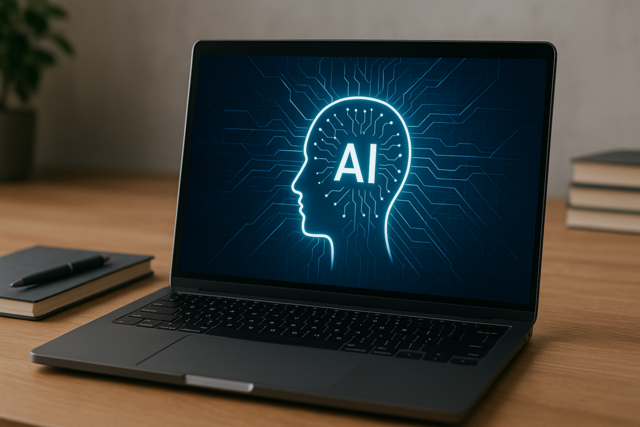 4 hours
0.4 CEUs
Understanding Artificial Intelligence
+ More Info
4 hours
0.4 CEUs
Understanding Artificial Intelligence
+ More Info
-
 4 hours
0.4 CEUs
Creating a Culture of Collaboration
+ More Info
4 hours
0.4 CEUs
Creating a Culture of Collaboration
+ More Info
-
 6 hours
0.6 CEUs
The Healing Power of Crystals
+ More Info
6 hours
0.6 CEUs
The Healing Power of Crystals
+ More Info
-
 4 hours
0.4 CEUs
Energy Medicine: Harnessing Your Body's Power
+ More Info
4 hours
0.4 CEUs
Energy Medicine: Harnessing Your Body's Power
+ More Info
-
 3 hours
0.3 CEUs
Developing Technical Writing Skills
+ More Info
3 hours
0.3 CEUs
Developing Technical Writing Skills
+ More Info
-
 7 hours
0.7 CEUs
Mysteries of the Unexplained
+ More Info
7 hours
0.7 CEUs
Mysteries of the Unexplained
+ More Info
-
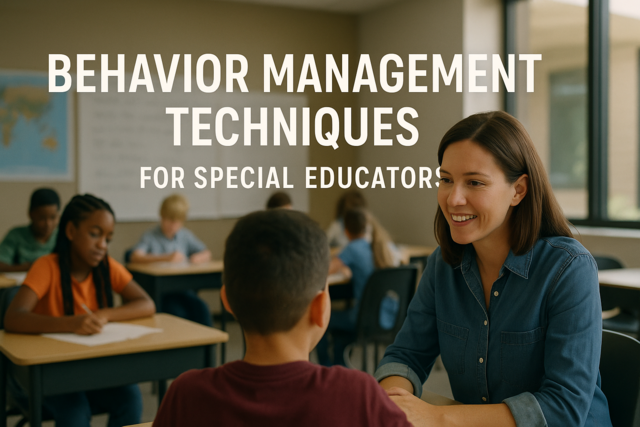 7 hours
0.7 CEUs
Behavior Management Techniques for Special Educators
+ More Info
7 hours
0.7 CEUs
Behavior Management Techniques for Special Educators
+ More Info
-
 4 hours
0.4 CEUs
Business Writing for Professionals
+ More Info
4 hours
0.4 CEUs
Business Writing for Professionals
+ More Info
-
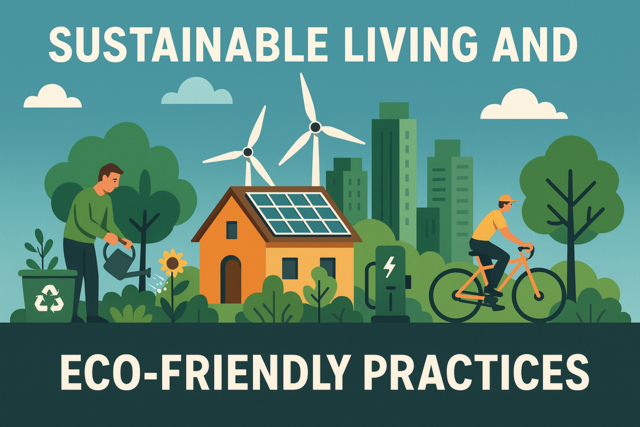 7 hours
0.7 CEUs
Sustainable Living and Eco-Friendly Practices
+ More Info
7 hours
0.7 CEUs
Sustainable Living and Eco-Friendly Practices
+ More Info
-
 4 hours
0.4 CEUs
The Love Language Challenge: Transform Your Relationship
+ More Info
4 hours
0.4 CEUs
The Love Language Challenge: Transform Your Relationship
+ More Info
-
 3 hours
0.3 CEUs
Sound Therapy and Vibrational Healing
+ More Info
3 hours
0.3 CEUs
Sound Therapy and Vibrational Healing
+ More Info
-
 5 hours
0.5 CEUs
Inclusive Sports and Physical Education for Special Needs
+ More Info
5 hours
0.5 CEUs
Inclusive Sports and Physical Education for Special Needs
+ More Info
-
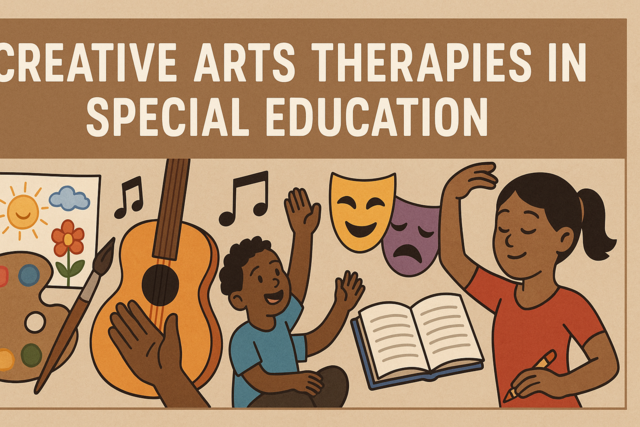 3 hours
0.3 CEUs
Creative Arts Therapies in Special Education
+ More Info
3 hours
0.3 CEUs
Creative Arts Therapies in Special Education
+ More Info
-
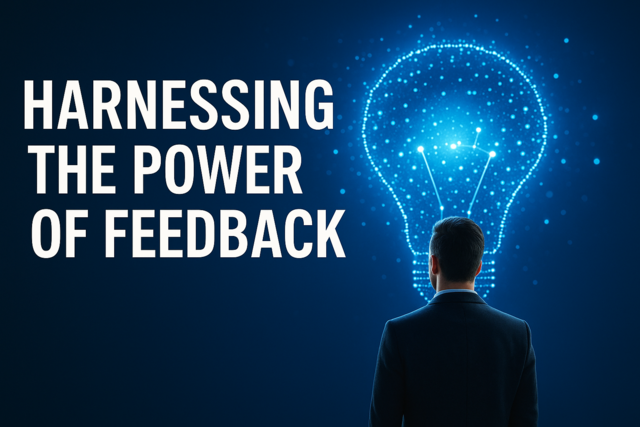 5 hours
0.5 CEUs
Harnessing the Power of Feedback
+ More Info
5 hours
0.5 CEUs
Harnessing the Power of Feedback
+ More Info
-
 3 hours
0.3 CEUs
Functional Behavior Assessments: Conducting and Analyzing
+ More Info
3 hours
0.3 CEUs
Functional Behavior Assessments: Conducting and Analyzing
+ More Info
-
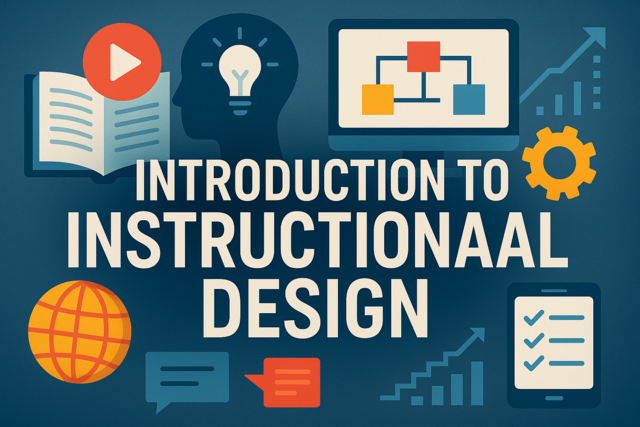 7 hours
0.7 CEUs
Introduction to Instructional Design
+ More Info
7 hours
0.7 CEUs
Introduction to Instructional Design
+ More Info
-
 6 hours
0.6 CEUs
Cryptids: Creatures of Folklore and Reality
+ More Info
6 hours
0.6 CEUs
Cryptids: Creatures of Folklore and Reality
+ More Info
-
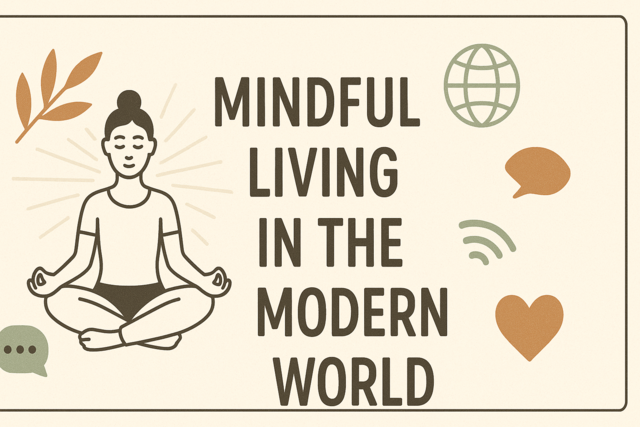 7 hours
0.7 CEUs
Mindful Living in the Modern World
+ More Info
7 hours
0.7 CEUs
Mindful Living in the Modern World
+ More Info
-
 3 hours
0.3 CEUs
Supervisory Skills for New Managers
+ More Info
3 hours
0.3 CEUs
Supervisory Skills for New Managers
+ More Info
-
 3 hours
0.3 CEUs
Office Staff Productivity Boosters
+ More Info
3 hours
0.3 CEUs
Office Staff Productivity Boosters
+ More Info
-
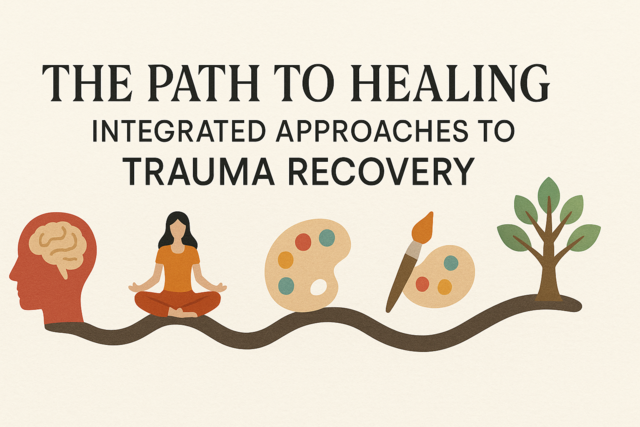 5 hours
0.5 CEUs
The Path to Healing: Integrated Approaches to Trauma Recovery
+ More Info
5 hours
0.5 CEUs
The Path to Healing: Integrated Approaches to Trauma Recovery
+ More Info
-
 3 hours
0.3 CEUs
Exploring Parallel Universes
+ More Info
3 hours
0.3 CEUs
Exploring Parallel Universes
+ More Info
-
 7 hours
0.7 CEUs
Aligning Curriculum with State Standards
+ More Info
7 hours
0.7 CEUs
Aligning Curriculum with State Standards
+ More Info
-
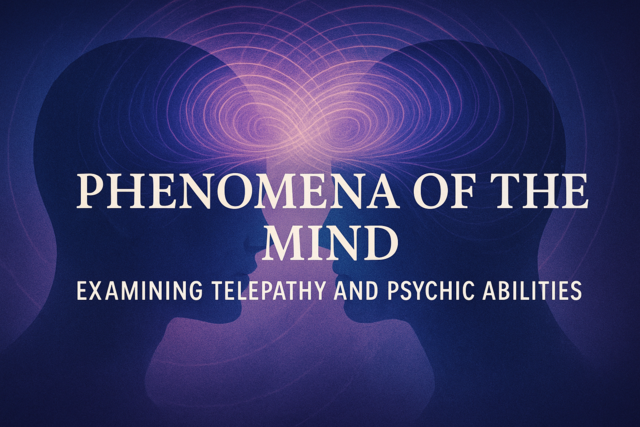 6 hours
0.6 CEUs
Phenomena of the Mind: Examining Telepathy and Psychic Abilities
+ More Info
6 hours
0.6 CEUs
Phenomena of the Mind: Examining Telepathy and Psychic Abilities
+ More Info
-
 6 hours
0.6 CEUs
Supporting Students with Special Needs
+ More Info
6 hours
0.6 CEUs
Supporting Students with Special Needs
+ More Info
-
 7 hours
0.7 CEUs
Travel Planning and Safety Skills
+ More Info
7 hours
0.7 CEUs
Travel Planning and Safety Skills
+ More Info
-
 7 hours
0.7 CEUs
Stress Less: Mindful Techniques for Family Harmony
+ More Info
7 hours
0.7 CEUs
Stress Less: Mindful Techniques for Family Harmony
+ More Info
-
 7 hours
0.7 CEUs
Trauma Typologies: Exploring Varieties of Psychological Wounds
+ More Info
7 hours
0.7 CEUs
Trauma Typologies: Exploring Varieties of Psychological Wounds
+ More Info
-
 4 hours
0.4 CEUs
Raising Emotionally Intelligent Children: A Guide for Parents
+ More Info
4 hours
0.4 CEUs
Raising Emotionally Intelligent Children: A Guide for Parents
+ More Info
-
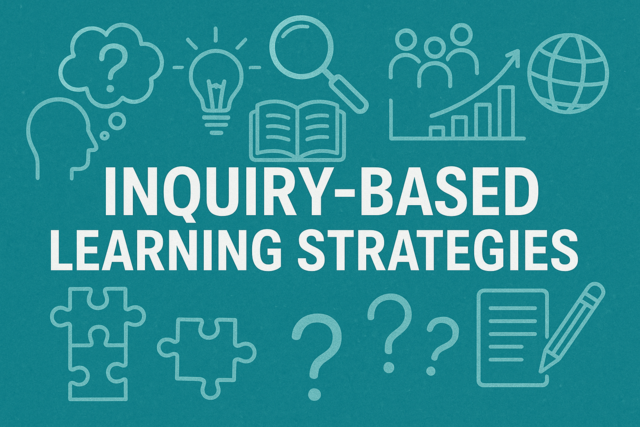 5 hours
0.5 CEUs
Inquiry-Based Learning Strategies
+ More Info
5 hours
0.5 CEUs
Inquiry-Based Learning Strategies
+ More Info
-
 4 hours
0.4 CEUs
Narratives of Love: Crafting Your Relationship Story
+ More Info
4 hours
0.4 CEUs
Narratives of Love: Crafting Your Relationship Story
+ More Info
-
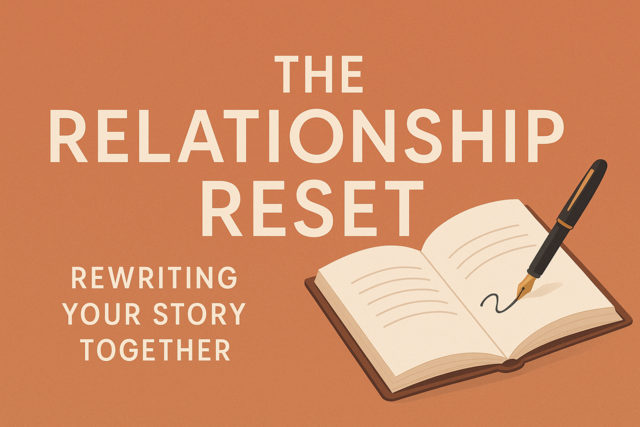 5 hours
0.5 CEUs
The Relationship Reset: Rewriting Your Story Together
+ More Info
5 hours
0.5 CEUs
The Relationship Reset: Rewriting Your Story Together
+ More Info
-
 6 hours
0.6 CEUs
Mysteries of Druidic Lore and Alchemical Practices
+ More Info
6 hours
0.6 CEUs
Mysteries of Druidic Lore and Alchemical Practices
+ More Info
-
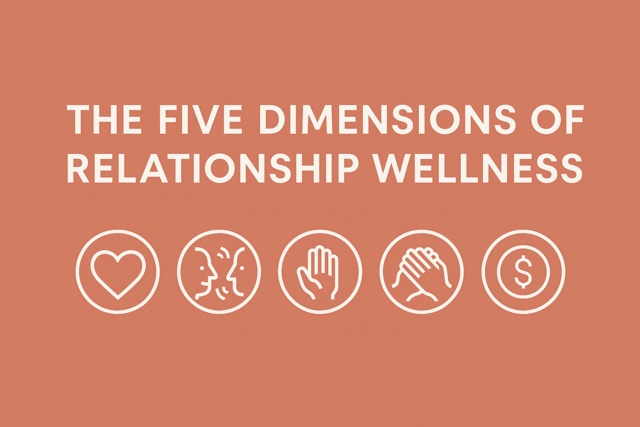 7 hours
0.7 CEUs
The Five Dimensions of Relationship Wellness
+ More Info
7 hours
0.7 CEUs
The Five Dimensions of Relationship Wellness
+ More Info
-
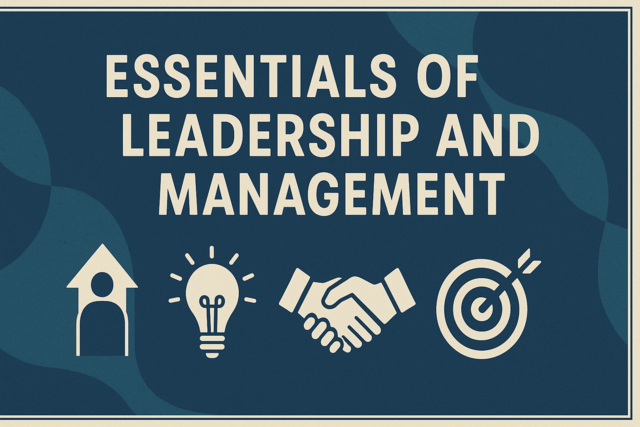 4 hours
0.4 CEUs
Essentials of Leadership and Management
+ More Info
4 hours
0.4 CEUs
Essentials of Leadership and Management
+ More Info
-
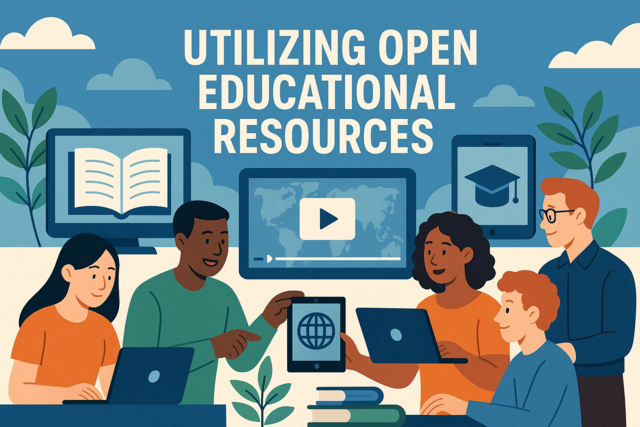 4 hours
0.4 CEUs
Utilizing Open Educational Resources
+ More Info
4 hours
0.4 CEUs
Utilizing Open Educational Resources
+ More Info
-
 5 hours
0.5 CEUs
Childhood Trauma: Long-term Effects and Interventions
+ More Info
5 hours
0.5 CEUs
Childhood Trauma: Long-term Effects and Interventions
+ More Info
-
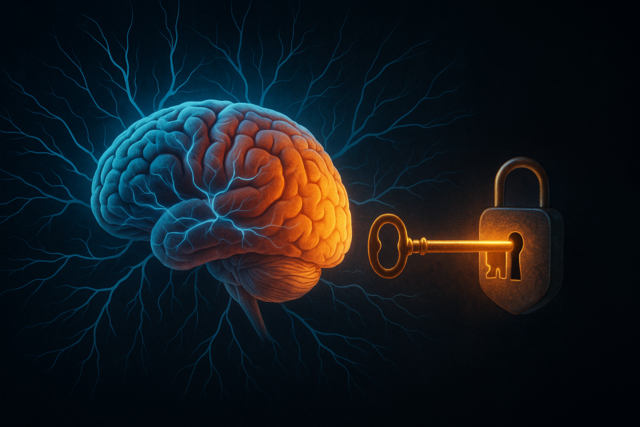 6 hours
0.6 CEUs
Neuroscience of Trauma: How the Brain Processes and Heals from Trauma
+ More Info
6 hours
0.6 CEUs
Neuroscience of Trauma: How the Brain Processes and Heals from Trauma
+ More Info
-
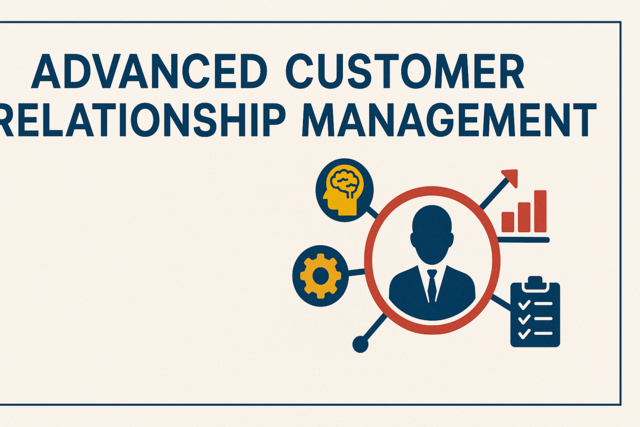 5 hours
0.5 CEUs
Advanced Customer Relationship Management
+ More Info
5 hours
0.5 CEUs
Advanced Customer Relationship Management
+ More Info



